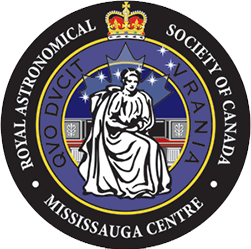
- This event has passed.
Speaker Night – Ryan Cloutier
May 26, 2023 @ 8:00 pm - 10:00 pm

Inhabitable Worlds:
Although we are likely still decades away from discovering signs of life on worlds outside of our own solar system, much progress is being made today to identify the best potential candidates for hosting such life. In this talk, I will discuss much of what we currently know about these so-called exoplanets and how we know it. I will then highlight the steps that will be taken in the not-so-distant future to characterize the conditions on potentially habitable exoplanets using extreme telescopes. All of this in hopes that one day these efforts will culminate with the probable detection of life like our own elsewhere in the galaxy.
About Dr. Ryan Colutier:
Dr. Cloutier is an assistant professor in the Department of Physics and Astronomy at McMaster University in Hamilton.
His research focuses on the detection and characterization of the galaxy’s most common planets around its most common stars. These exoplanets have sizes between that of the Earth and Neptune and do not have an analog in our solar system that we can study up close. My interests are in using observational techniques to understand the compositions of these so-called super-Earths and sub-Neptunes, to inform our understanding of how these planets form and whether their surface conditions may be hospitable for life.
This talk can be attended either in-person or online via Zoom – here is the link
